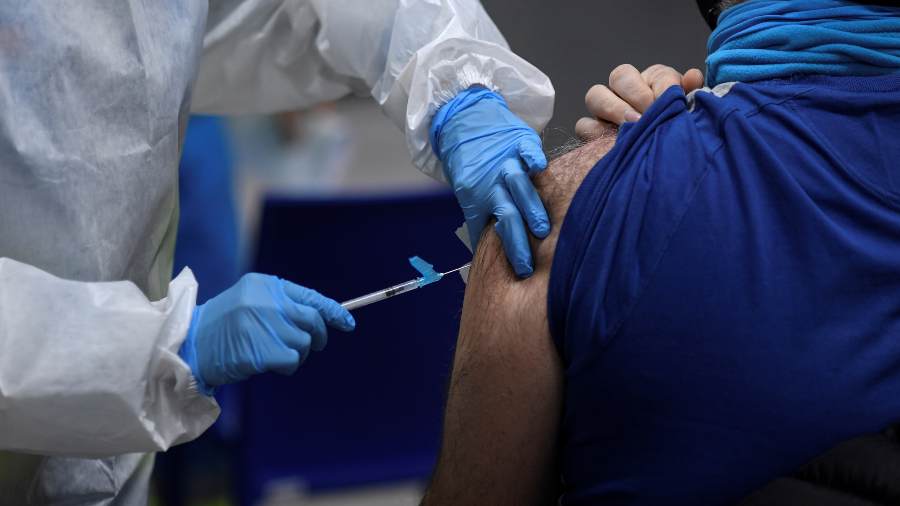
The words of Ándres Manuel López Obrador take place when, according to official figures, El Salvador records: 56,653 confirmed cases of Covid-19 and 1,727 deaths from that cause
Mexico’s President Andrés Manuel López Obrador lamented that Central American countries such as Guatemala, Honduras and El Salvador still do not have a vaccine against Covid-19.
“It is unfortunate that Central American countries, like many other countries in the world, have been affected and do not have access to the vaccine. That Guatemala, Honduras, El Salvador do not have access to the vaccine. How much vaccine does it take to protect these siblings? Well no, because the population is not large. You must have a vision of solidarity and there must be universal brotherhood, ”López Obrador stressed during his morning press conferences.
It may interest you: The government paid $ 12,600 with money from Hospital El Salvador for publications in international magazines
López Obrador’s words occur when, according to official figures, El Salvador records: 56,653 confirmed cases of Covid-19, 1,727 deaths from that cause, and 3,927 active cases.
In addition, the Mexican president called on the international community to “think of our fellow human beings” and that this will allow the vaccines to reach the countries of Central America. In the region, only Costa Rica and Panama have received and already used doses of the Pfizer vaccine.
Wait and no date for the arrival of vaccines
El Salvador awaits the arrival of four different types of vaccines for immunization against Covid-19.
In late November last year, the government announced two million doses would come from the pharmaceutical company AstraZeneca, with the names of the other three companies not being reported, let alone when they would arrive in the country.
Also read: Report shows saturation in El Salvador hospital
The vaccine from AstraZeneca and Oxford University has lower costs and more favorable storage, transport and logistics conditions compared to other competitors, such as the alliance between the US pharmaceutical company Pfizer and the German BioNTech.
These are much more expensive to manufacture and require low-temperature refrigeration, which makes marketing and distribution difficult, especially in low-income countries around the world.